First-time host Qatar is planning to put on a World Cup unlike any other, unveiling a number of firsts that will excite spectators and visitors from abroad.
The little peninsula, which will host the first-ever FIFA World Cup for the Middle East and Muslim world, will come alive with 64 thrilling matches in less than 40 days.
First winter World Cup
For the first time ever, the World Cup will be held during the winter season.
Unlike previous FIFA editions, Qatar’s intense desert climate forced a shift in football norms, moving the traditional FIFA World Cup summer schedule to winter for the first time in its history.
The new timing is expected to deliver a higher level of football compared with previous World Cups, according to former England captain and Qatar 2022 ambassador David Beckham.
“Players are coming into this World Cup after playing 25 games. So they will be arriving fresh and excited. Their energy is going to be at the top level, so I think what you’re going to see on the pitch is probably like no other World Cup,” said Beckham in an interview with Al Jazeera earlier last month.
First World Cup in Middle East
Since winning the bid in 2010, Qatar’s World Cup has been notable for the region since it would be the first in the Arab world and the Middle East.
Qatar’s Amir Tamim bin Hamad Al-Thani has called the tournament an event to unite one another within and worldwide.
“This tournament will be the first major event that unites the world in the aftermath of the pandemic that has taken its toll on the world for more than two years. I feel proud and happy from now until the moment the world will see that we in Qatar will present an exceptional World Cup in the Arab world, as we had promised,” the Amir said during the Final Draw ceremony for the FIFA World Cup.
First techno ball
Qatar has branded its upcoming tournament as one of invention, releasing several technological aspects that have never been seen during a football event, starting with the football.
Qatar’s World Cup ball, Al Rihla, which means “the journey” in Arabic, will be the first to feature connected ball technology.
The Adidas-designed ball will be used to improve the VAR system by providing unparalleled data to match officials leading to more accurate calls on the pitch.
A suspension system is placed in the center of the ball, unnoticeable to players.
The sensor is powered by a rechargeable battery, which can be charged by induction, limiting the use of emissions.
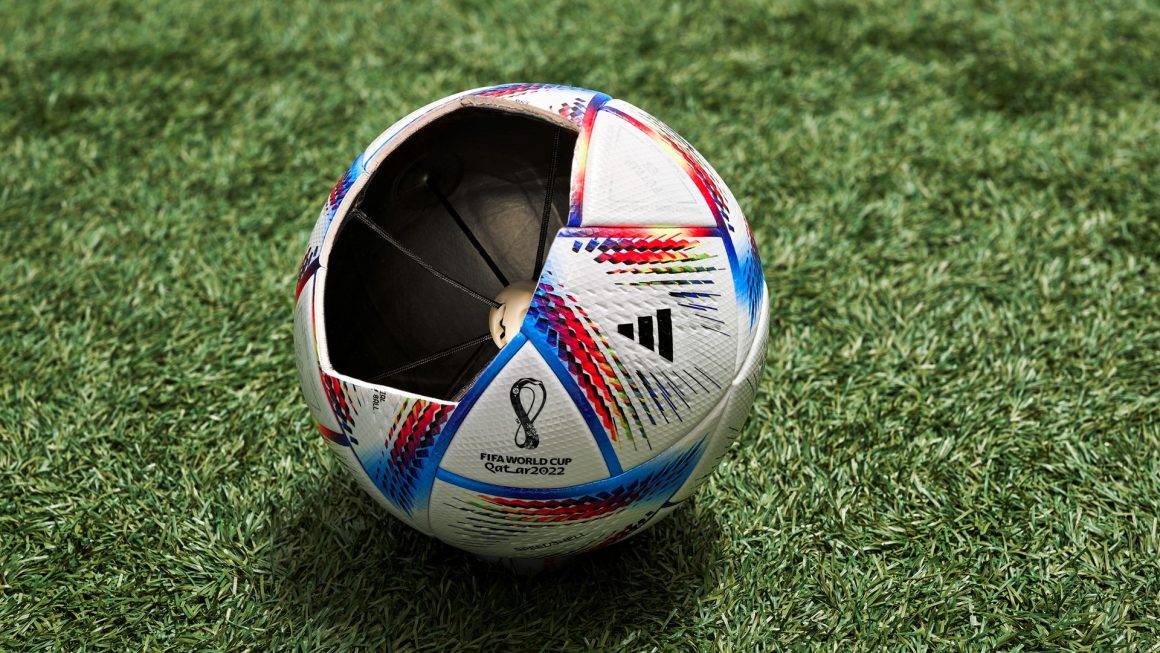
First semi-auto offside technology
After successfully using VAR technology at the 2018 World Cup in Russia, FIFA will implement semi-automated offside technology.
12 dedicated tracking cameras mounted underneath the stadium roof will track the ball and feed offside alerts to the video match officials whenever a player is offside.
“The workflow of semi-automated offside technology and the connected ball technology have been successfully trialed at numerous test events and live at FIFA tournaments, including the FIFA Arab Cup 2021™ and the FIFA Club World Cup 2021™,” stated FIFA.
First footballer data app
A digital application will also be unveiled ahead of the forthcoming tournament, allowing players to access their performance statistics.
Set out to do that for the first time, all players of the qualified 32 teams will have everyday access to the application, illustrating comprehensive updates after each match.
“This player-centric development is based on direct feedback from the players and is another great example of how FIFA is using technology to the best of its potential by improving the football experience for the key actors on the pitch,” said Johannes Holzmueller, FIFA Director of Football Technology & Innovation.
The app will showcase key moments for players involved in a play, along with informing players about their possession of the ball.
Photos of footballers can be shared on social media, entitling players to the freedom to upload whatever they choose.
First all green transport system
The Supreme Committee for Delivery and Legacy has stressed to all audiences that the country is on track to carbon neutral World Cup.
The committee plans to do that with a batch of electric buses full of 741 units.
Completing the country’s electric bus order will pave the way for converting 25% of the bus fleet for the World Cup to go electric.
The e-bus fleet will be maintained by over 200 operational and administrative employees and over 3000 drivers.
The electric buses will be utilized on 44 Metrolink and 48 public transport routes past the tournament, expanding the country’s sustainability for years to come.
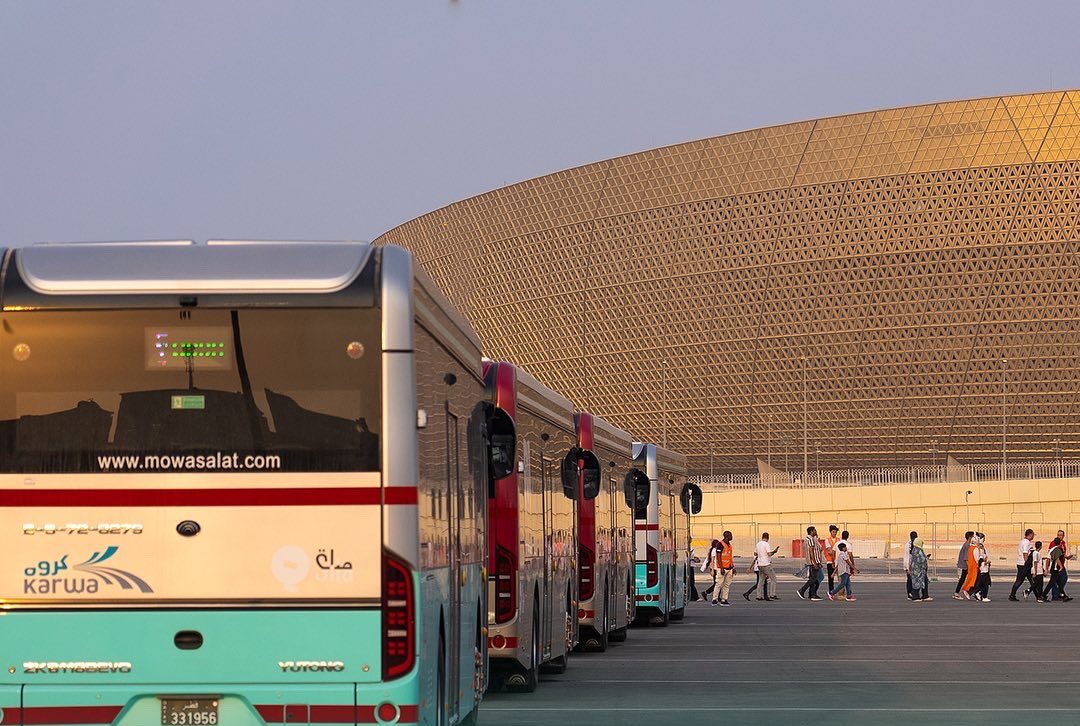
First compact World Cup
Adding to the evolution of the country’s green efforts, Qatar’s compact distance will limit gas emissions for all parties.
All the stadiums are within a 55-kilometer radius of the city, making it highly convenient for all included.
Easily the most compact World Cup ever in terms of geography, players will also see an advantage.
Short distance leads to better recovery and allows athletes to focus on enhancing their fitness.
“It’s the dream for players. In previous World Cups, we’ve had to travel, and it’s not easy to recover after games. “I would have loved to have played at this World Cup,” said Beckham in his interview with Al Jazeera.
First to host women referees
Japan’s Yoshimi Yamashita, France’s Stephanie Frappart, and Rwanda’s Salima Mukansanga are set to make history, becoming the first women to referee the men’s World Cup.
The trio will captain and officiate the tournament in a gathering of 36 head referees at football’s biggest stage.
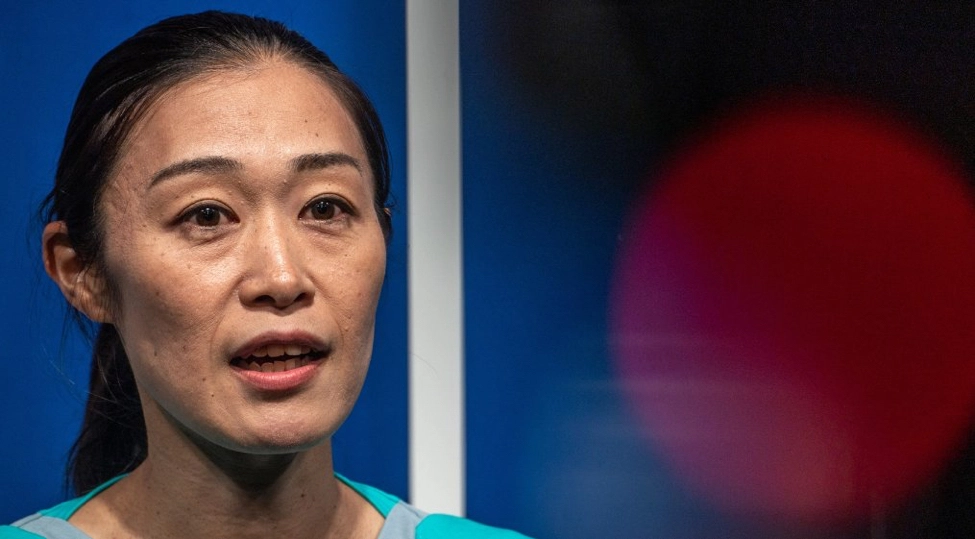
Joined by assistant referees, Neuza Back of Brazil, Mexico’s Karen Díaz Medina, and Kathryn Nesbitt from the United States, the change marks an end to the tournament’s 92-year history which has never seen any female referees participate on the pitches.
Pierluigi Collina, the head of refereeing for FIFA, claims that the female officials’ selection was based on their ability as referees, not on their gender.
“In this way, we make it quite obvious that we value quality over gender. The choice of elite women’s match officials for significant men’s events, the former referee hoped, will become more commonplace and less dramatic in the future.





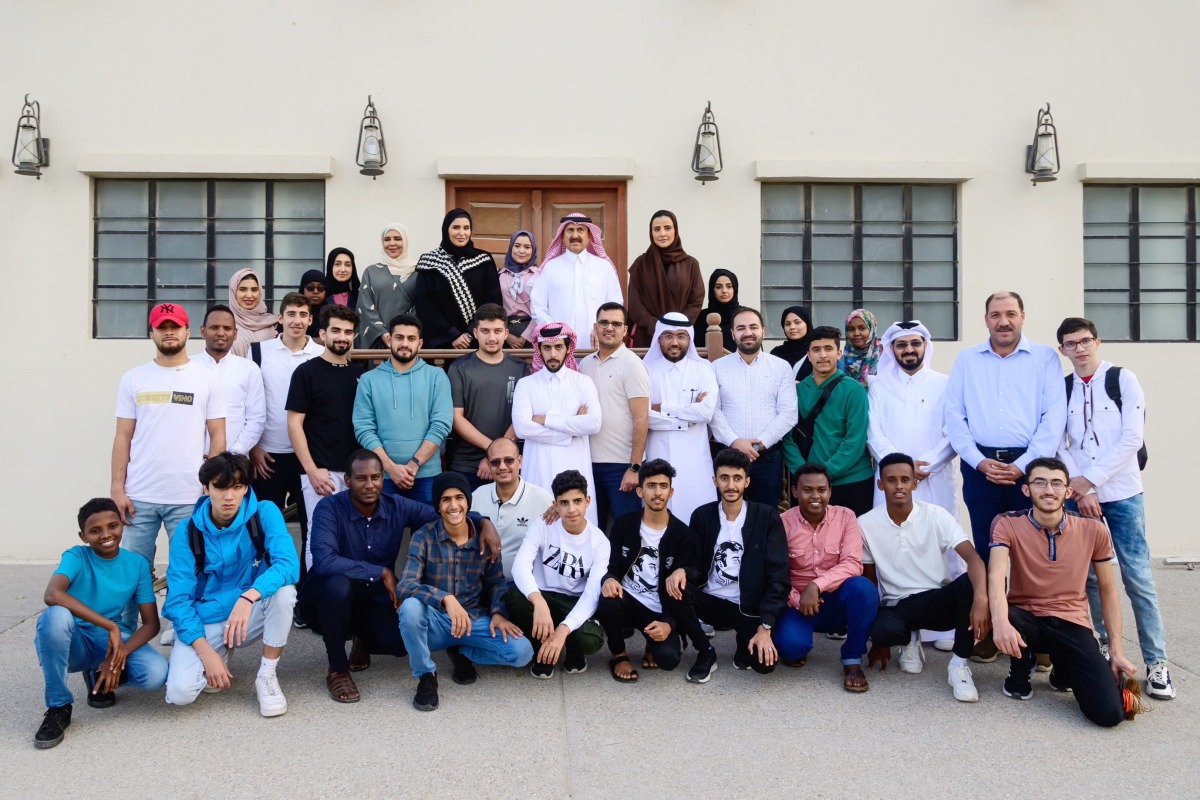
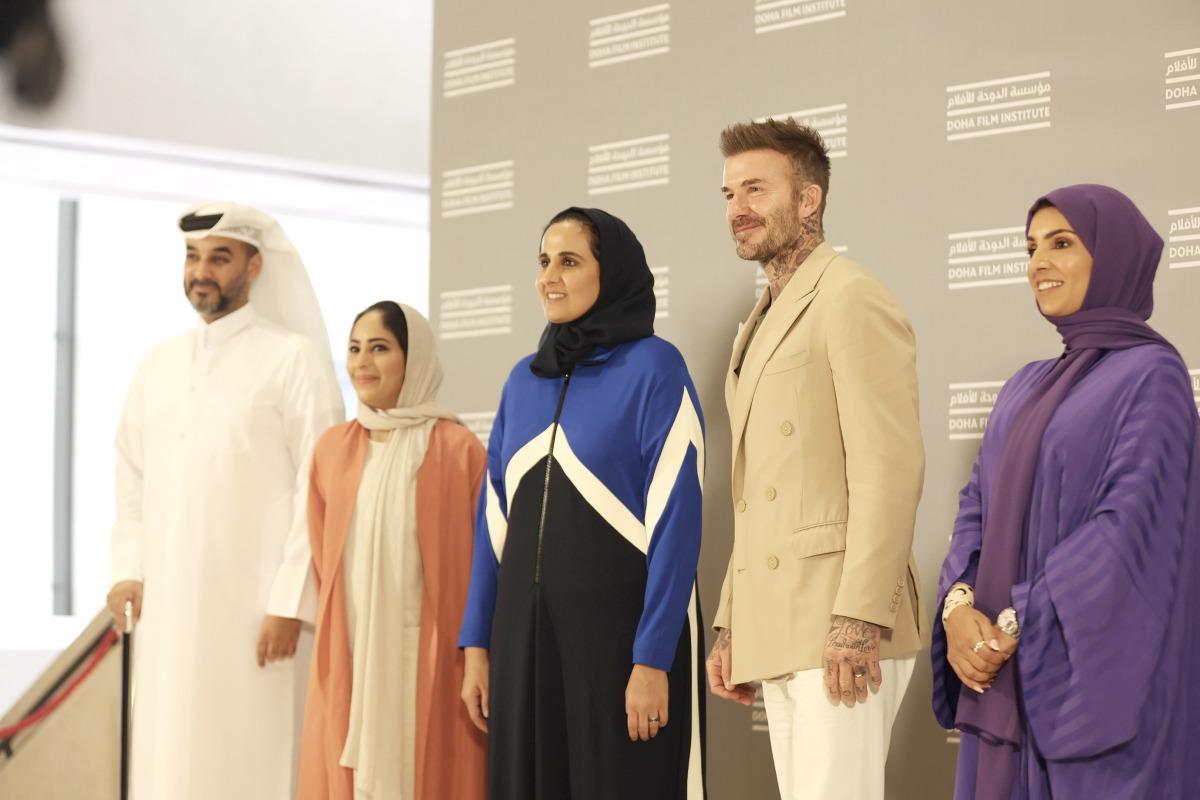
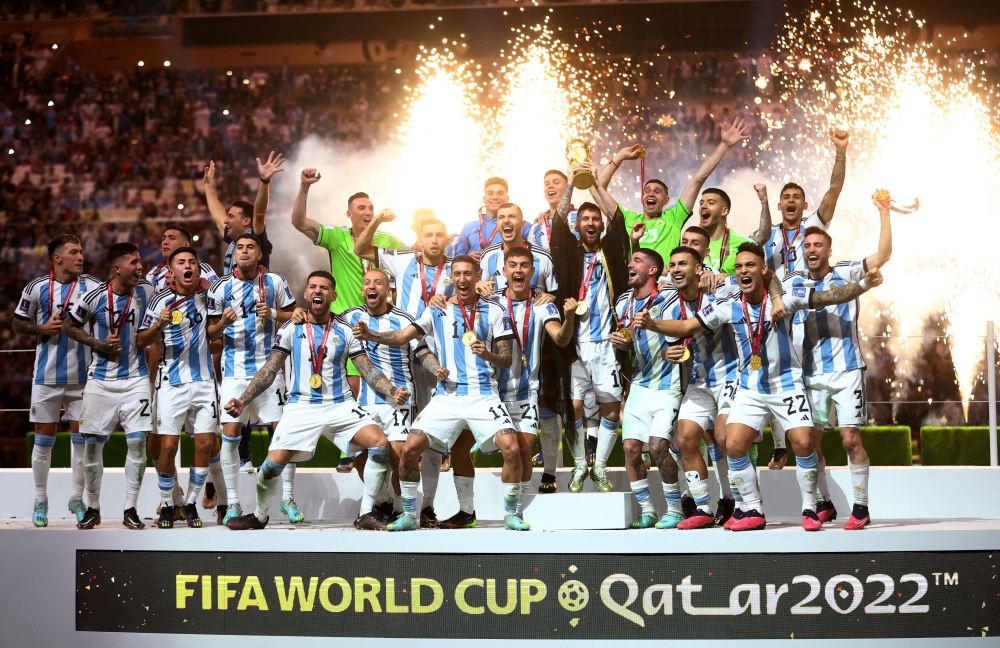
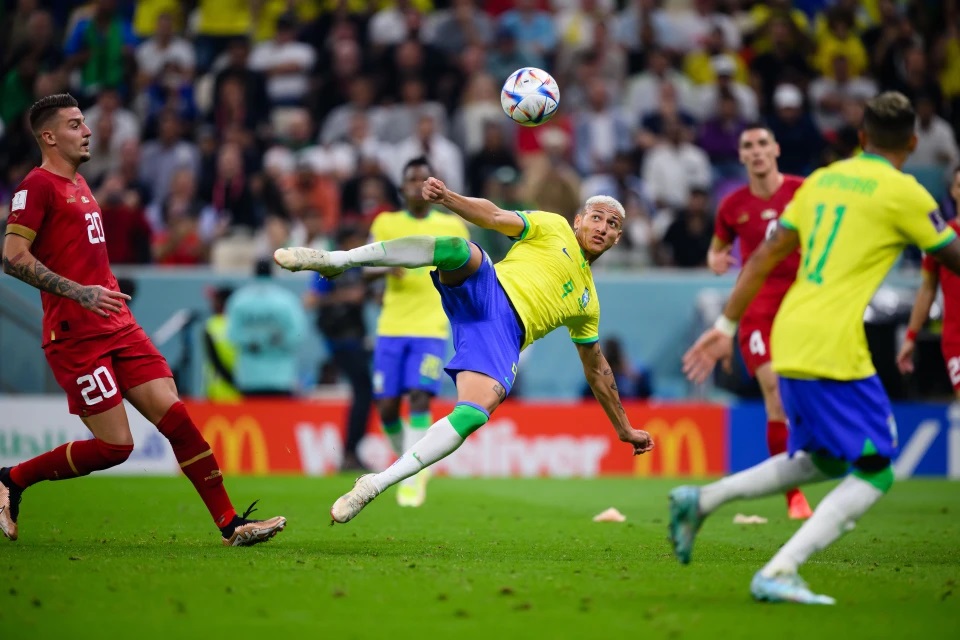



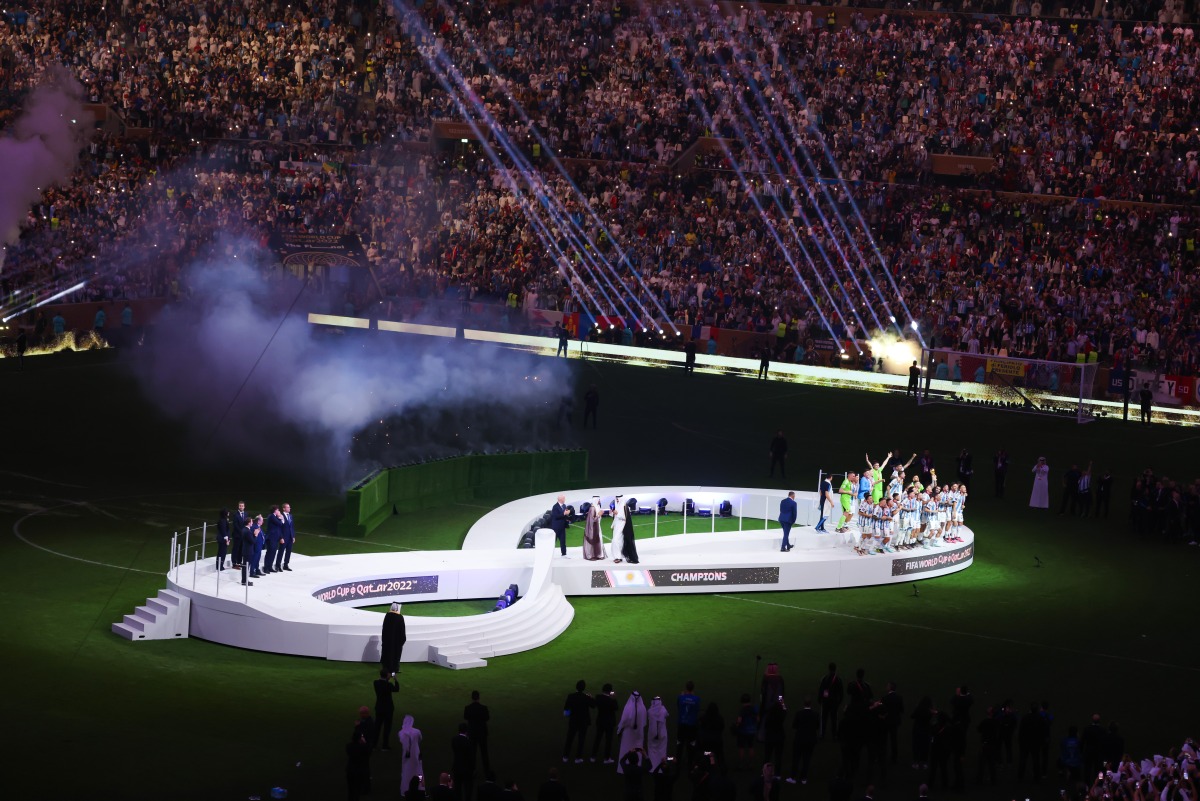




Leave a Reply